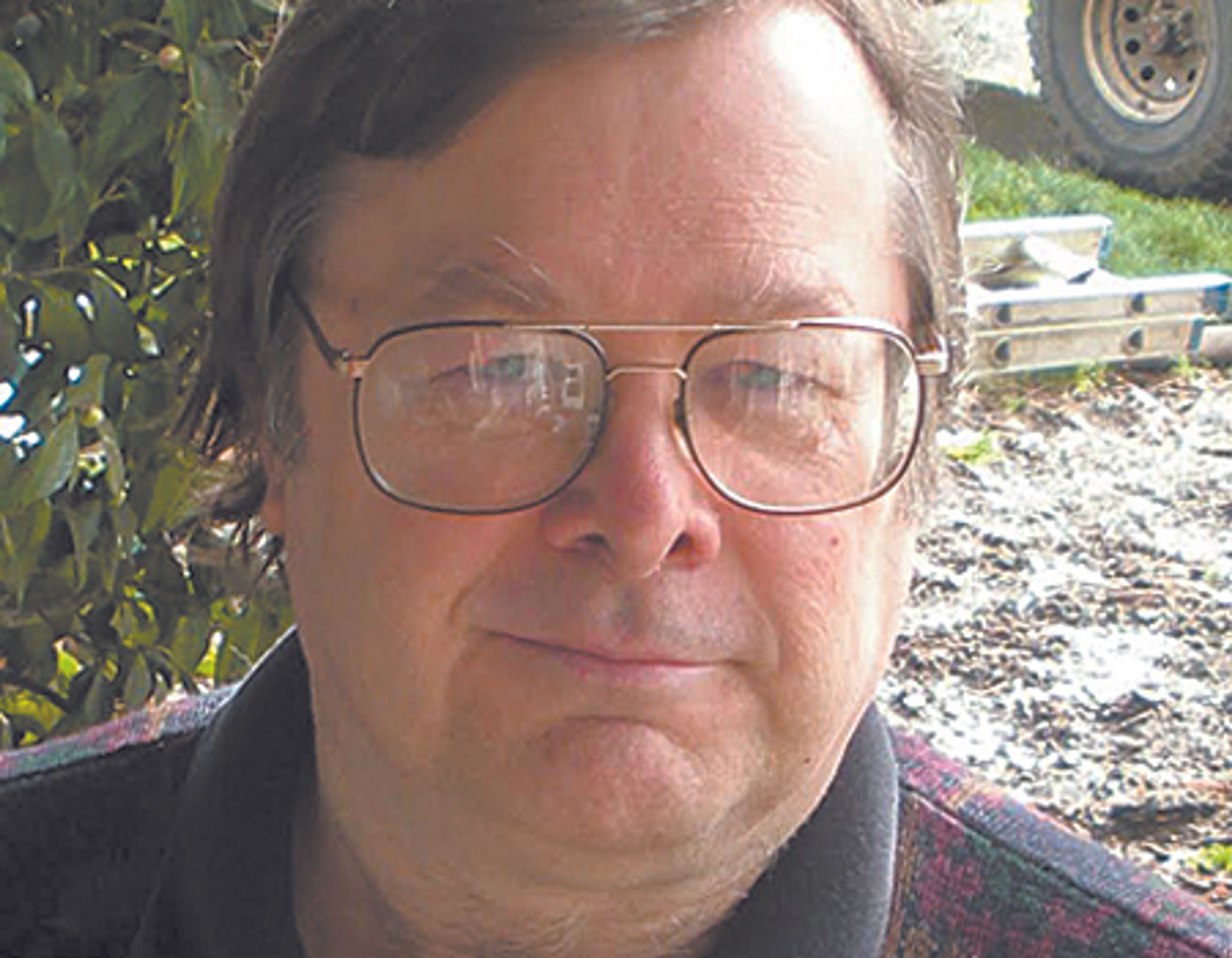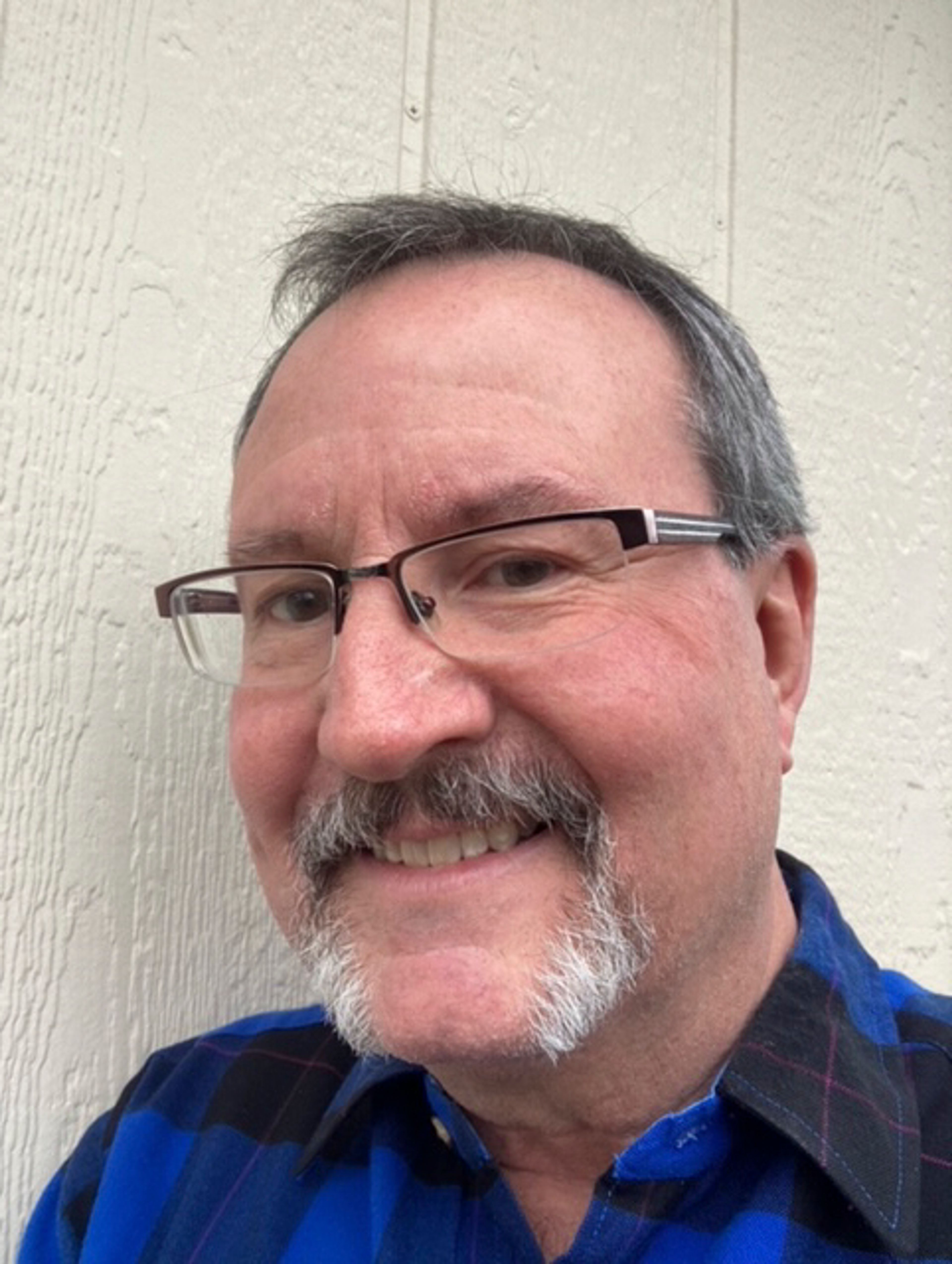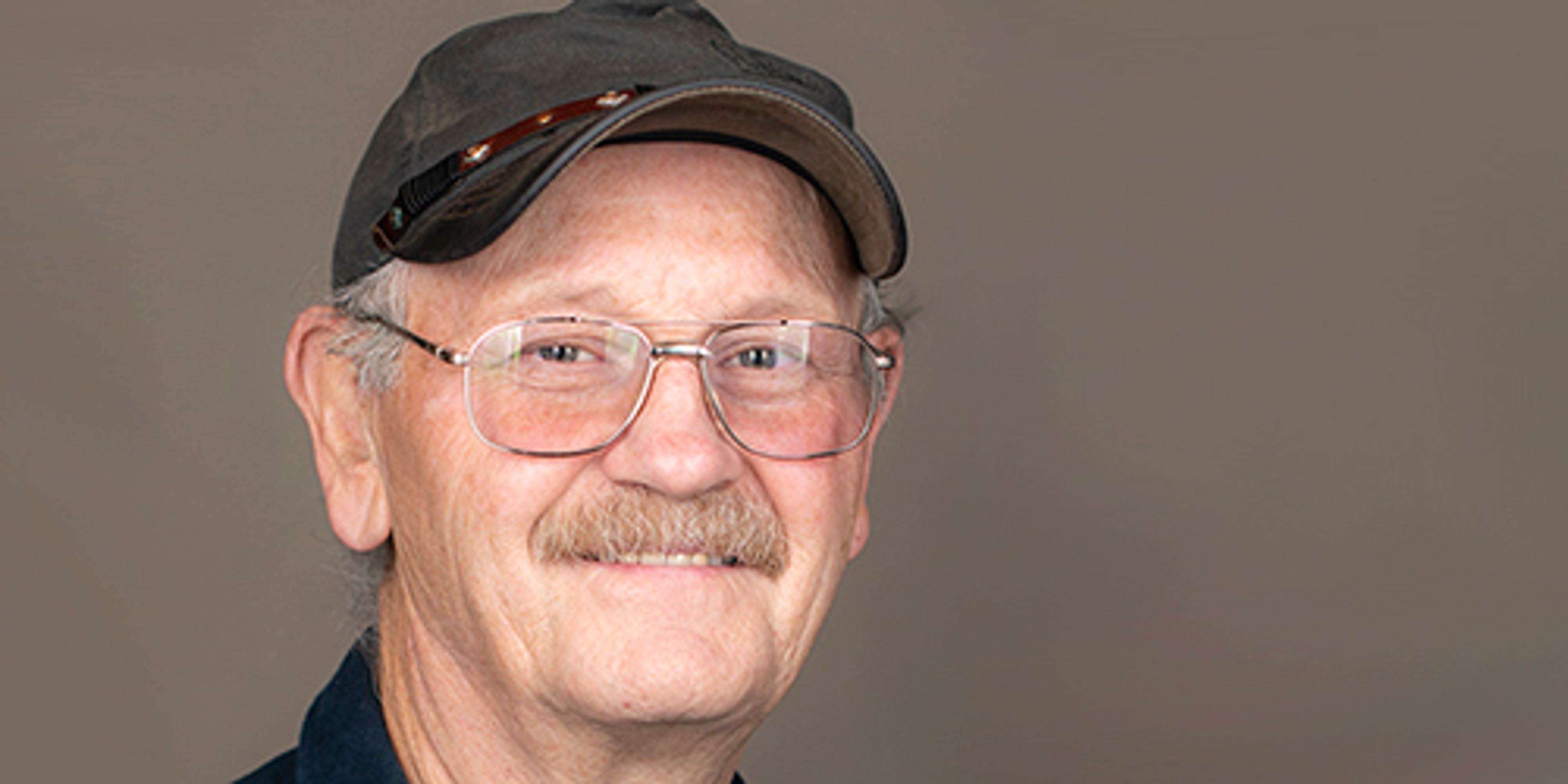Even in Idaho, debates can matter. You might check in on that with Dan Foreman.
Foreman, a Republican from Viola, is the state senator for the district including much of Latah and Nez Perce counties. He has been highly controversial through his public life and, in his four general election percentages in runs for the Senate, generated less than spectacular results for a Republican: 50.1% in 2022, 49.6% in 2020, 43.9% in 2018 and 50.8% in 2016.
This means that he’s probably not been coasting to an easy run for reelection, against Moscow City Council member Julia Parker, this year. The numbers may be close enough that what he said at a near-debate — actually a candidate forum, but close enough — might matter.
According to several people present, Foreman addressed another candidate (not his opponent), disagreeing with a point she was making (on racism in Idaho, from her perspective as a Nez Perce Tribe member) and then proceeding to confirm her point by telling her to “go back where you came from.” Foreman has denied making the statement. Apparently, the event was not recorded.
Which may be a good reason to get all these things on video — and to watch and attend them.
For decades, televised debates have been a standard for Idaho politics, and television and sometimes radio across the state routinely have offered a score or more debates every campaign season, for major offices and often including state legislative and other posts as well.
That tradition has been weakened in recent years. U.S. Rep. Russ Fulcher, of Idaho’s 1st District, for example, has declined to debate his Democratic opponent, saying, “To sign up for a debate would be the single largest contribution they would have, and I’m not in the business of campaigning for my opponents.”
But the object of a campaign debate is not supposed to serve as an advantage to one side or the other. It is supposed to advantage the voters, who may get no other opportunity to see the contenders side by side, and counterbalance the often-nauseating tsunami of paid-for materials. The strategic strength of one candidate against another should not be a consideration.
You can test that proposition for yourself, in a more disinterested way, as I do every election season, on one of the few cable news channels I bother to watch.
If you have cable TV (or if not, if you have streaming) you can find many of these debates on C-SPAN, the cable news service which simply and plainly presents the events as they occur, with external and extraneous commentary kept to a minimum or foregone completely. You get to evaluate what happens for yourself.
Many presidential-level debate events (not all; it depends on the host) are available there. I find more interesting the lower-level debates C-SPAN also provides, including congressional and statewide offices, and a smattering of others as well.
Last week, for instance, on Monday night alone I watched debates between the major parties’ nominees in the Pennsylvania 7th, Minnesota 2nd and Nebraska 2nd congressional districts. The Nebraska contest may be one of the closest in the nation (that district covers urban Omaha), and the debate between the candidates was a good example of civil but hard-fought. The Minnesota debate featured one of the most skilled debate performances from an incumbent, I’ve ever seen. On Wednesday night there was a hot debate for the U.S. Senate seat in Arizona.
You can learn a lot about what constitutes a good or poor debate performance, and about how to evaluate issues, by watching these candidates you don’t know.
But you can learn a lot more. These candidates sometimes get into purely local subjects, but often they’re talking about much the same things candidates elsewhere — such as in Idaho — would be discussing. If you hear candidates from some other place discussing, say, Social Security or immigration, you may come away with some fresh insights.
You can also learn this: If these people in other states can bestir themselves to debate, maybe those in Idaho can do it, too. And as Dan Foreman could probably tell you, something might come of it.
Stapilus is a former Idaho newspaper reporter and editor who blogs at ridenbaugh.com. He may be contacted at stapilus@ridenbaugh.com.








